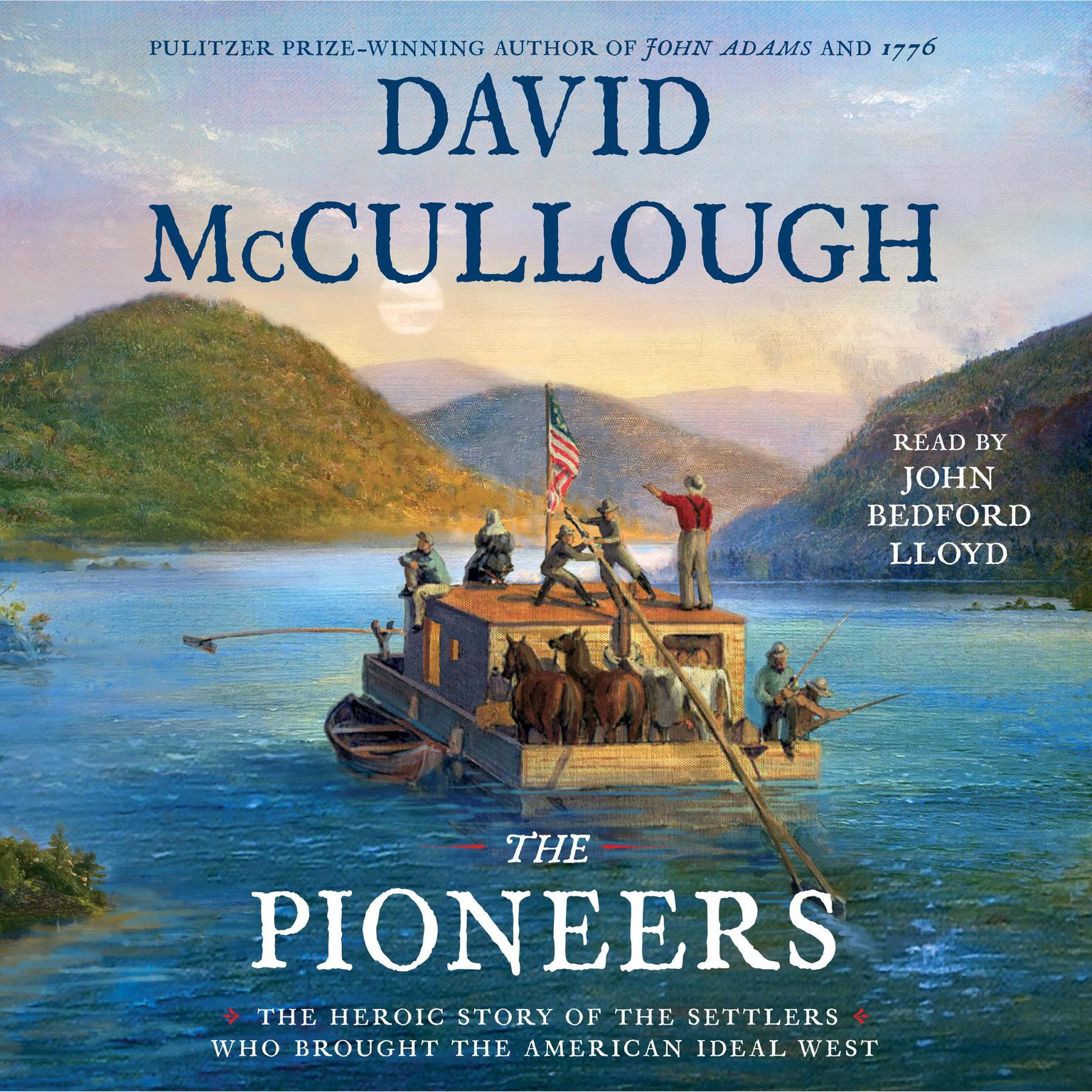Publisher Description
By a pair of veteran music writers, an unprecedented history of the electric guitar, its explosive impact on music and culture, and the people who brought it to life
For generations the electric guitar has been an international symbol of freedom, danger, rebellion, and hedonism. In Play It Loud, Brad Tolinski and Alan di Perna bring the history of this iconic instrument to roaring life. It’s a story of inventors and iconoclasts, of scam artists, prodigies, and mythologizers as varied and original as the instruments they spawned.
Play It Loud uses twelve landmark guitars—each of them artistic milestones in their own right—to illustrate the conflict and passion the instruments have inspired. It introduces Leo Fender, a man who couldn’t play a note but whose innovations helped transform the guitar into the explosive sound machine it is today. Some of the most significant social movements of the twentieth century are indebted to the guitar: It was an essential element in the fight for racial equality in the entertainment industry; a mirror to the rise of the teenager as social force; a linchpin of punk’s sound and ethos. And today the guitar has come full circle, with contemporary titans such as Jack White of The White Stripes, Annie Clark (aka St. Vincent), and Dan Auerbach of The Black Keys bringing some of the earliest electric guitar forms back to the limelight.
Featuring interviews with Les Paul, Keith Richards, Carlos Santana, Eddie Van Halen, Steve Vai, and dozens more players and creators, Play It Loud is the story of how a band of innovators transformed an idea into a revolution.
Download and start listening now!
A lively and fascinating history….You’re going to want to keep your tablet or phone nearby as you read it, because you’ll be absolutely compelled to find and listen to the signature songs and riffs referenced throughout the volume. The authors do a great job of introducing just enough technical information to make their points, while keeping explanations clear enough so that those of a nontechnical bent—like this reviewer—can follow them. Tolinski and Di Perna have produced a book that lives up to the urgent, innovative, all-encompassing spirit of its subject.
—
Minneapolis Star-Tribune











